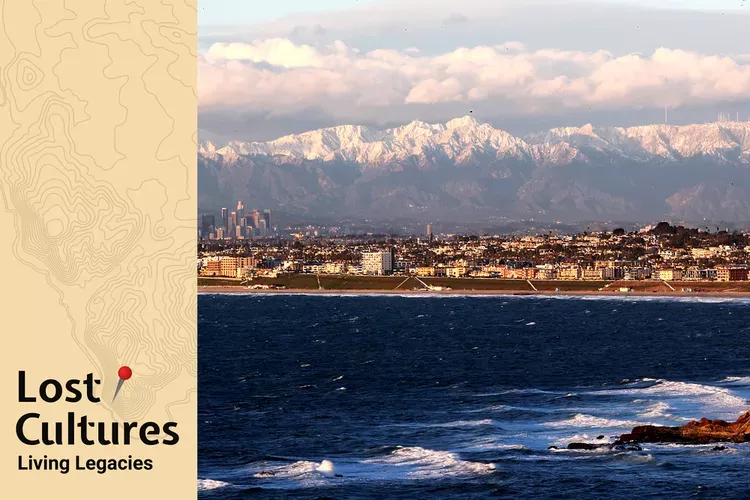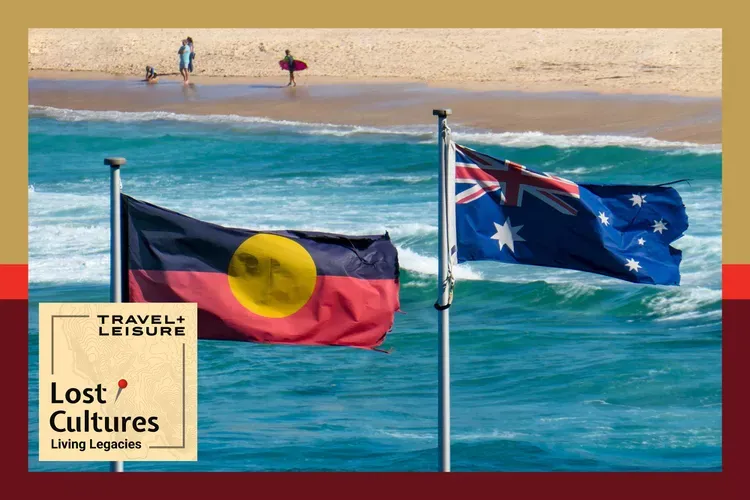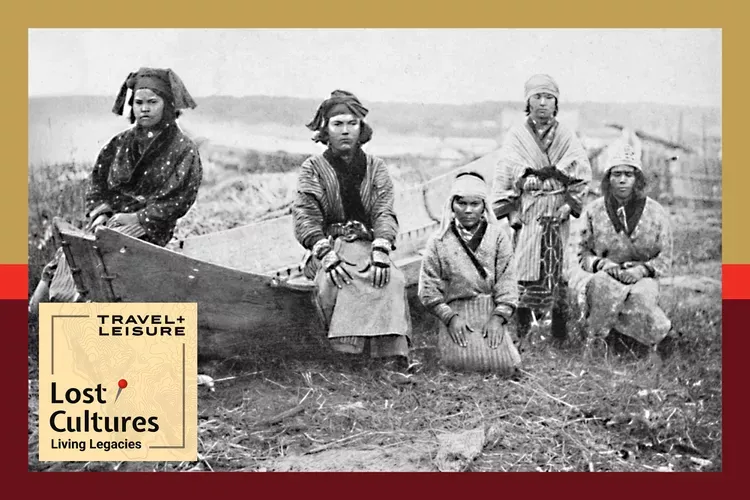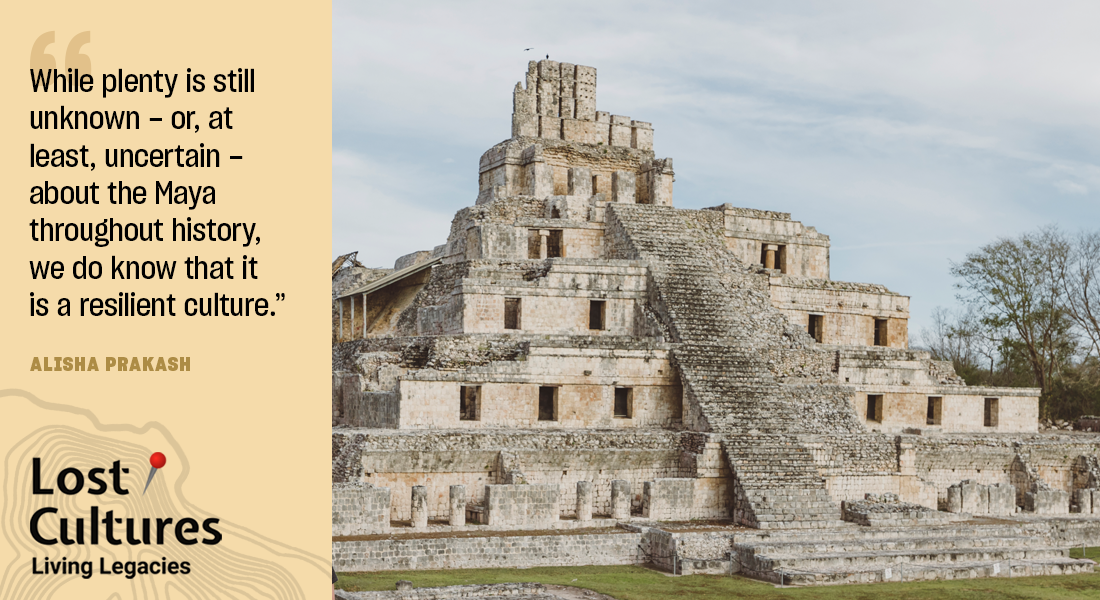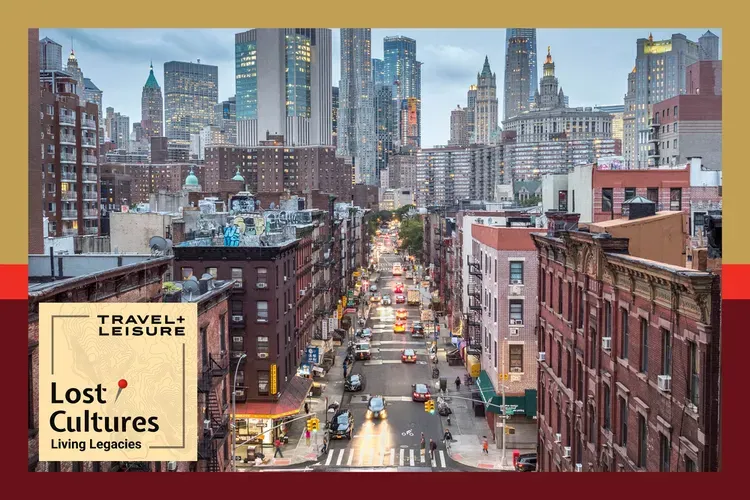Stereoactive Media founder/owner J. McVay has recently been working as Writer and Co-Producer of a podcast for Travel + Leisure magazine called Lost Cultures: Living Legacies that explores the history of various cultures that have, at one point in history, been at risk for being lost.
The 4th episode is out now and explores the Tongva culture of the Los Angeles Basin:
“In fourth grade, here in California, we learned about the California missions and the native people that were in the missions. And we took a trip to the Southwest Museum, which was one of the only institutions that describe California native peoples. And during that visit, the docent was telling us about Mission Indians and that was a catchall term for native people that are associated with a particular mission. And I had a friend of mine raise her hand and asked the docent, ‘Are there any more, are Mission Indians still alive?’ And the docent said, ‘No, they're extinct.’ And by then, I had already told everybody in my class that I was Gabrielino. And so they looked at me like, ‘Well, she says that they no longer exist, so how can you be Gabrielino,’” Desiree Martinez, a member of the Gabrielino-Tongva community, archaeologist, and president of Cogstone Resource Management, told Travel + Leisure. “And of course, I knew that we weren't extinct, and so trying to figure out, ‘How can I combat this?’”
From that moment on, Martinez dedicated her life to finding and sharing her ancestral truth, navigating her way through oral histories, and gathering together others from the community.
“The way that the Gabrielino-Tongva organized themselves was that there was no overarching chief of every single person that was Gabrielino-Tongva. Instead, you had a leader at the village level and the village was basically an extended family,” Martinez explained. Though that “family,” Martinez explained, extended to the plant and animal kingdom too. “As Gabrieleno-Tongva people, [we] see ourselves as caretakers of our relatives and those relatives include the plants, the animals, the water, the land, the rocks. We have a responsibility, a reciprocal responsibility to them.”
However, by the mid-18th century, the community had already begun to collapse following Spanish colonization, only to further erode during Mexican occupation and finally at the hands of the U.S. government. But, the Gabrielino-Tongva people are both still here and fighting harder than ever for the recognition they deserve.
“We continue to be a part of the greater Los Angeles community, but again, a lot of our history and a lot of our contributions are silenced,” Martinez said. “One of the things that we're trying to do is to rectify that silencing by working with cultural institutions in state, local, and federal agencies to tell that story. “
To learn more about the Gabrielino-Tongva, listen to Martinez and Prakash dive deep into the culture in Lost Cultures: Living Legacies, available on Apple Podcasts, Spotify, Amazon Music, and everywhere podcasts are available.
The 10-episode series is available anywhere you get podcasts, so subscribe now!

